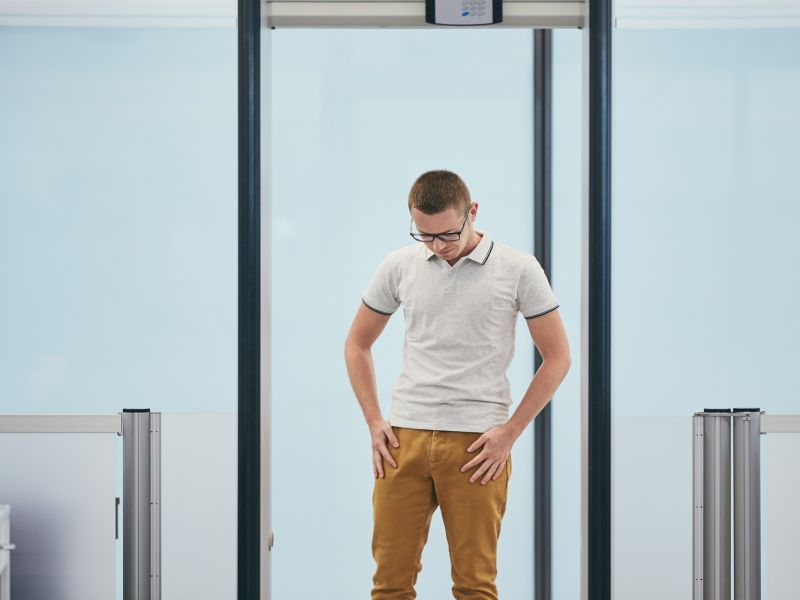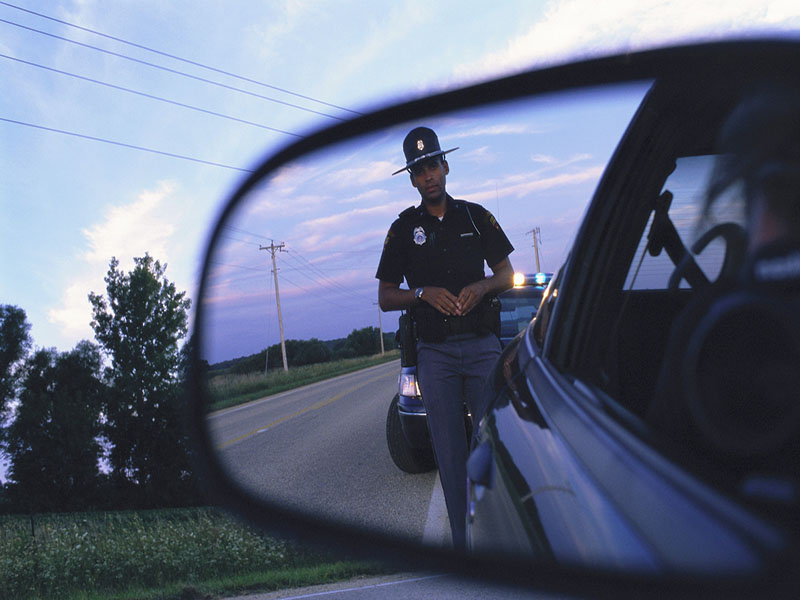
Motion sickness can happen when you are in a car, boat, plane or amusement park ride. People with motion sickness may have nausea, vomiting, dizziness or headache among many other symptoms, says the Icahn School of Medicine at Mount Sinai. To help prevent motion sickness, Mount Sinai suggests: Do not read while in a moving… read on >




























